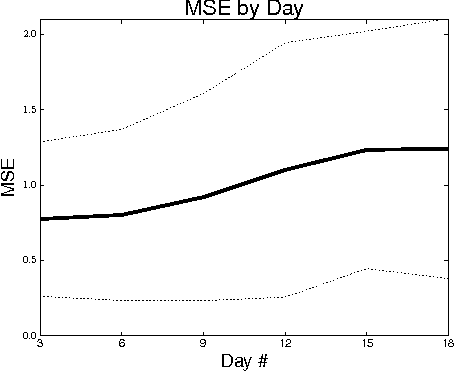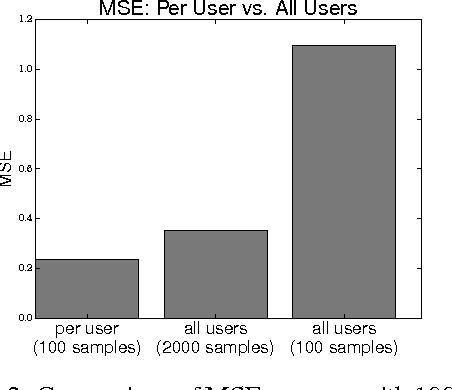Actively Learning to Attract Followers on Twitter
Paper and Code
Apr 16, 2015

Twitter, a popular social network, presents great opportunities for on-line machine learning research. However, previous research has focused almost entirely on learning from passively collected data. We study the problem of learning to acquire followers through normative user behavior, as opposed to the mass following policies applied by many bots. We formalize the problem as a contextual bandit problem, in which we consider retweeting content to be the action chosen and each tweet (content) is accompanied by context. We design reward signals based on the change in followers. The result of our month long experiment with 60 agents suggests that (1) aggregating experience across agents can adversely impact prediction accuracy and (2) the Twitter community's response to different actions is non-stationary. Our findings suggest that actively learning on-line can provide deeper insights about how to attract followers than machine learning over passively collected data alone.
 Add to Chrome
Add to Chrome Add to Firefox
Add to Firefox Add to Edge
Add to Edge